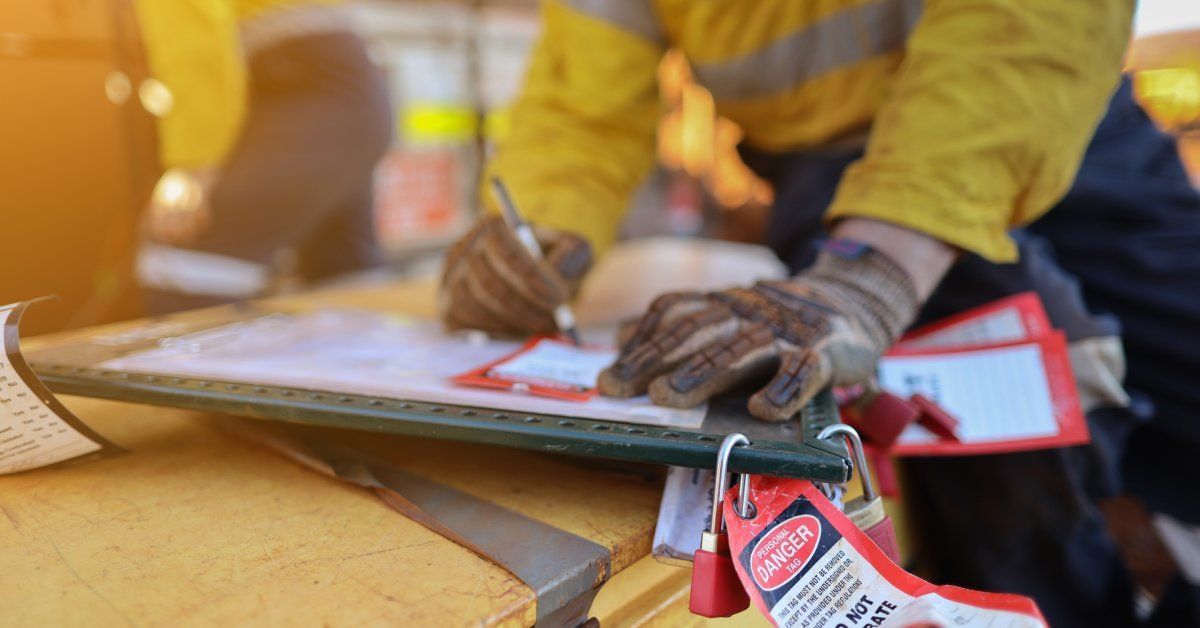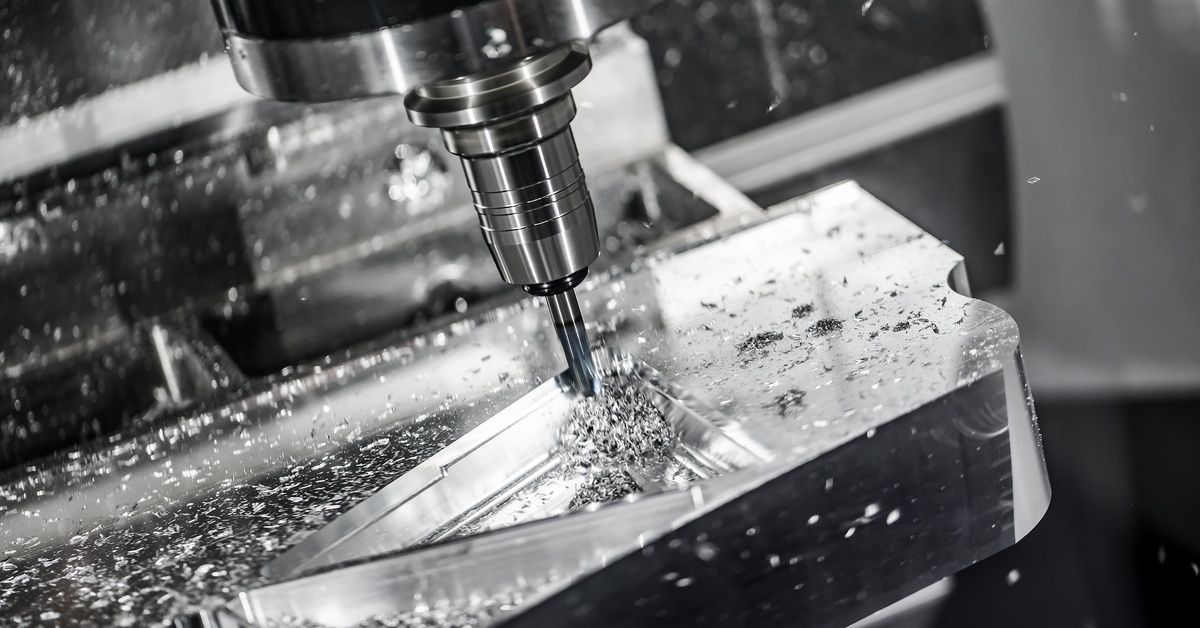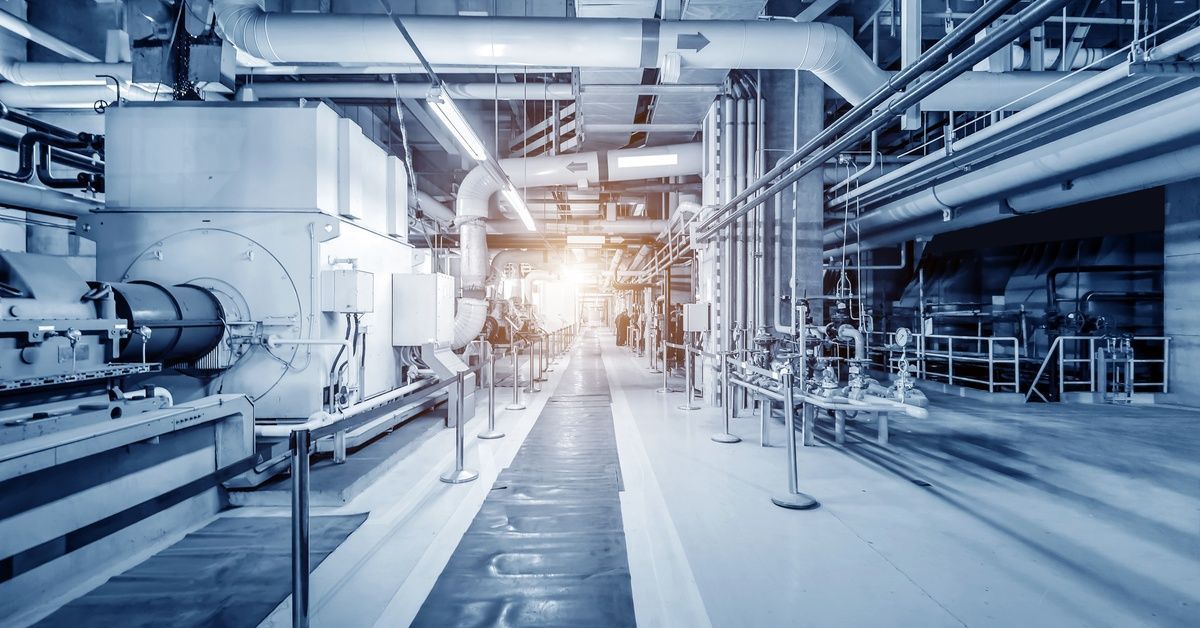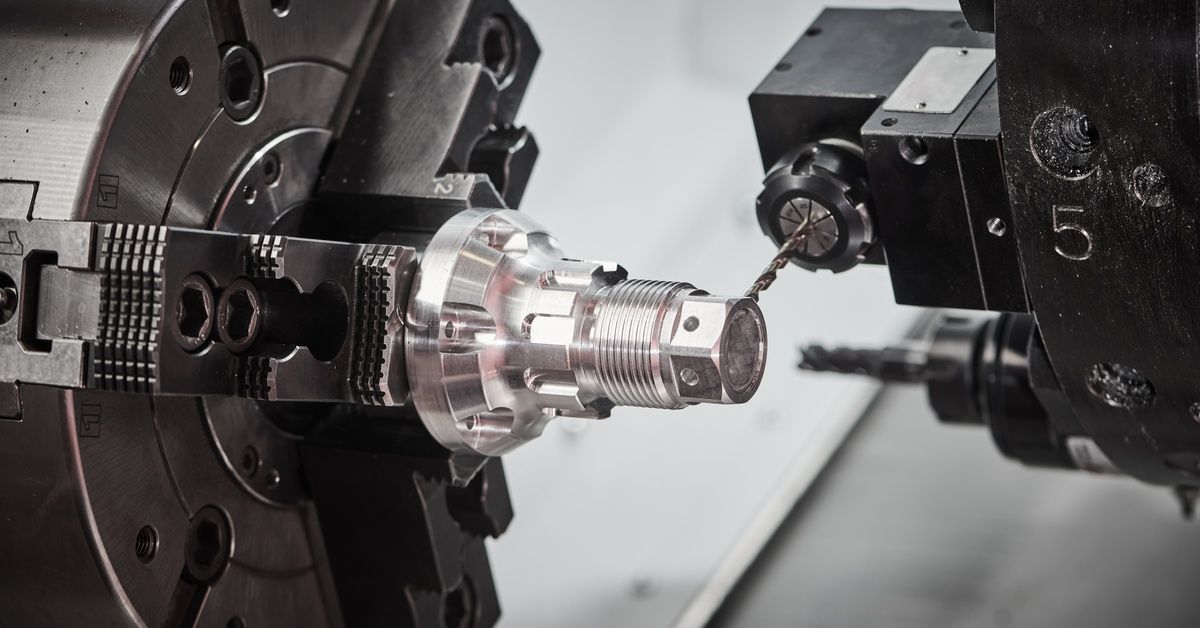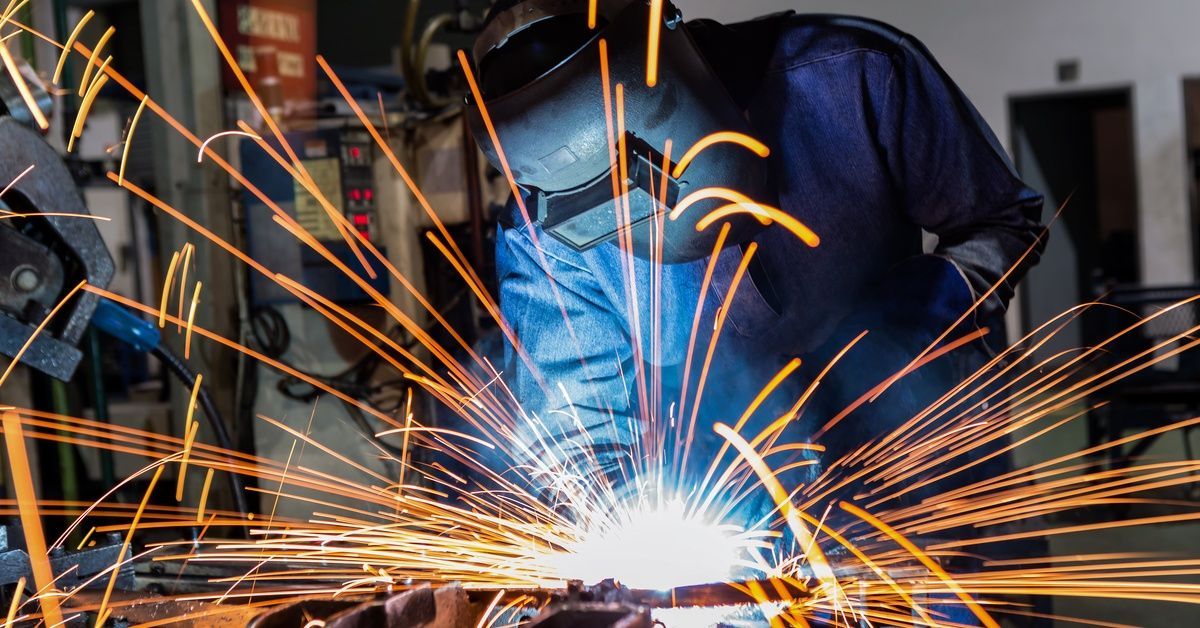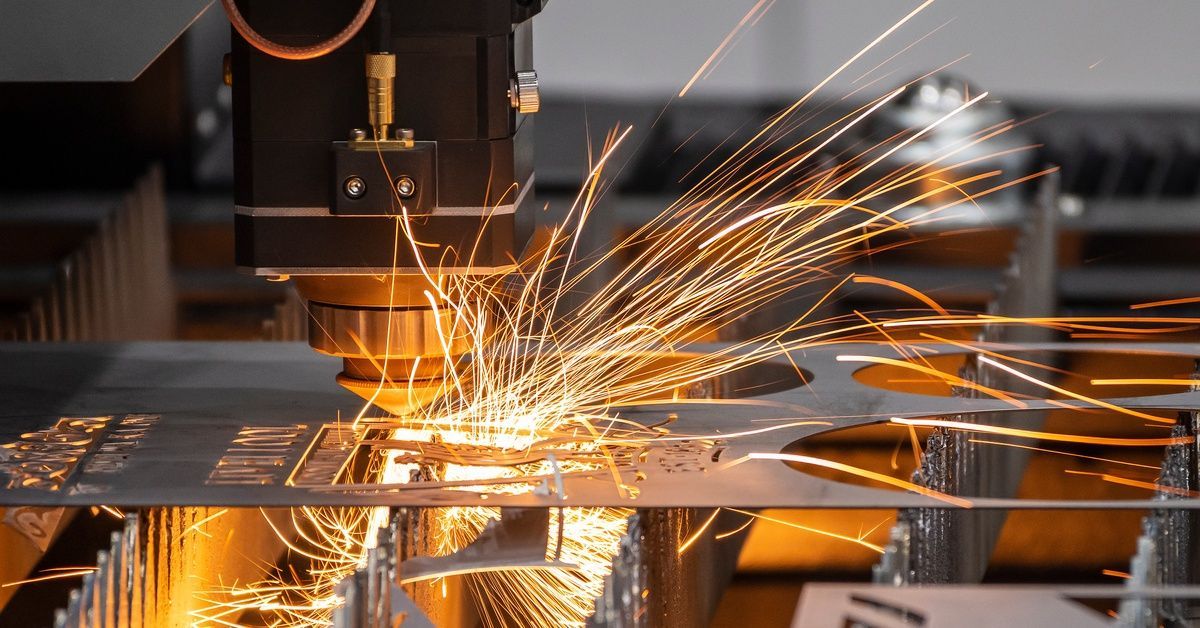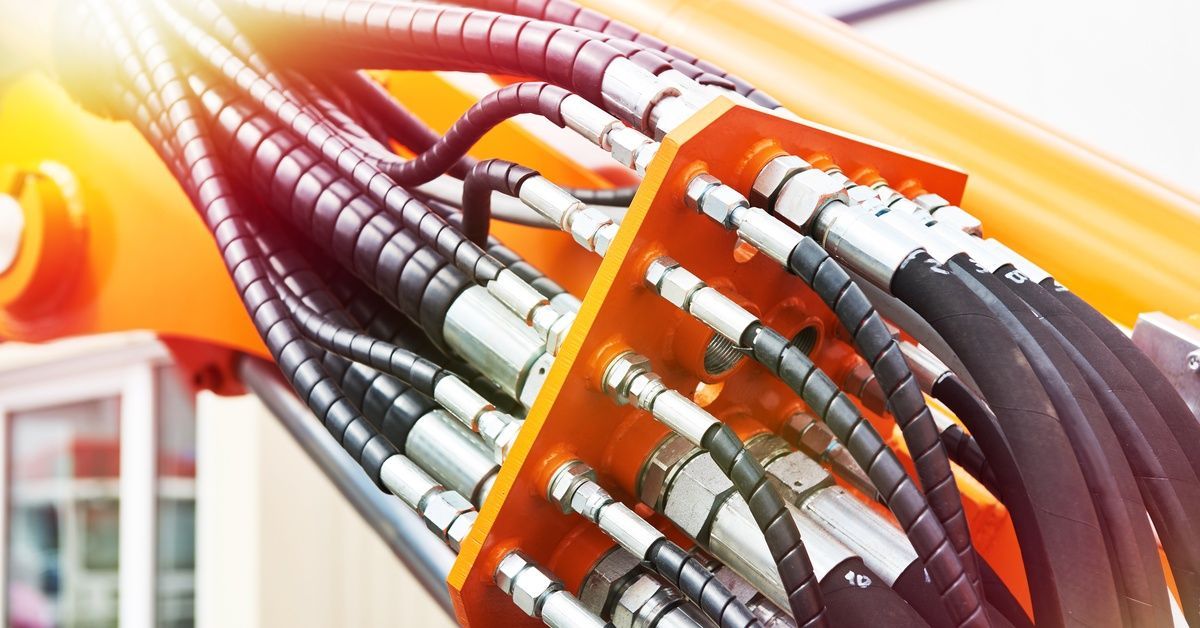Tips for Choosing the Right Material for Metal Fabrication
In the arena of metal fabrication, material selection is more than just footnote on a checklist. The material you select stands as a crucial element in the process of turning raw metal into a quality product. Choosing the right material is a decision that reverberates through the lifecycle of any part or product.
It influences everything from the item’s initial structural integrity to its final aesthetic and functional performance. Follow these crucial tips for choosing the right material for metal fabrication to ensure you can carefully craft the best final product possible.
The Strength Test
The strength of a material is not merely about whether it can bear a load but also about how it yields under that pressure. Is your product intended for structural functions? In that case, you'll want to prioritize tensile strength—the force required to break the material—and compressive strength for load-bearing capabilities. Material toughness and ductility are equally significant.
When encountering the stresses of fabrication—bending, cutting, or shaping—a material that can handle these actions with minimal risk of breaking or deforming will be your key to success. At James Manufacturing, we develop custom machined parts to suit a company’s specific needs, and understanding the limits of different metals is important to accomplishing that goal. Workable materials save time and prevent wastage, thus enhancing cost-efficiency.
The Environmental Factor
Not all metals are created equal in the face of the elements. Corrosion-resistant materials like stainless steel or aluminum are invaluable for parts that will be consistently exposed to corrosive substances in the environment, whether it's the open sea or an auto shop floor.
By first understanding the present environmental challenges, you can select a metal that ensures longevity and performance, reducing the frequency of repairs or replacements. The metal’s role in the final application is one of the most important factors to consider.
Will the part be routinely exposed to high heat, such as in aeronautics or automotive industries? Thermal conductivity and resistance become touchstones here. From end-use temperature to structural requirements, each application offers unique criteria demanding consideration when selecting material.
Weldability and Machinability
You can fabricate metal workpieces in various ways; understanding weldability and machinability ensures you can choose a suitable material and process. Metal parts are rarely standalone items. They are usually joined to form a larger structure. Ensuring the materials you choose can be effectively welded can streamline the assembly process. Weldable materials like low-carbon steels afford reliability in joints, which is critical for the safety and service life of the finished product.
For parts requiring precision in shaping and machining, don't overlook the machinability of chosen materials. Alloys like brass or certain types of stainless steel can save time and resources in high-precision manufacturing thanks to their strong machinability. Considering these crucial tips when choosing the right material for metal fabrication will help ensure successful results when the process is complete.
